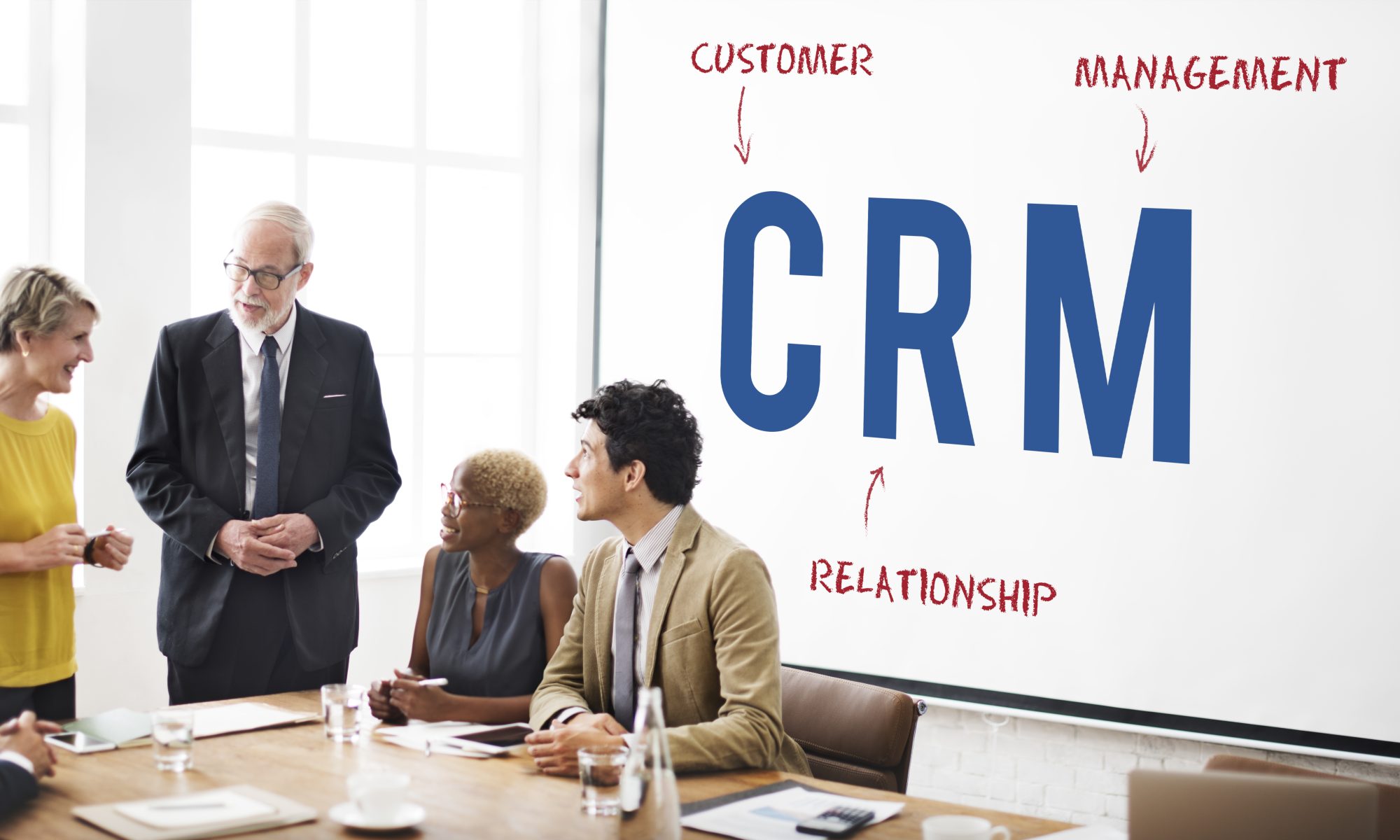Let’s be honest—off-the-shelf CRM systems just don’t cut it for most Berlin businesses. Every company, whether it’s in finance, healthcare, retail, or tech, comes with its own quirks and workflows. That’s where a Salesforce consultant in Berlin steps in. They don’t just drop in some generic software and call it a day. Instead, they build CRM solutions that actually fit how your team works—right down to the details.
With Salesforce, you’re not just getting a tool; you’re getting a way to work smarter. Automation, analytics, better customer relationships, faster growth—it’s all on the table. But you need someone who knows how to unlock all that potential. That’s why experienced Salesforce consultants in Berlin are in such high demand.
Why Berlin Companies Need Custom CRM
Let’s face it: plug-and-play software almost always misses the mark. Your business has its own processes, and you need a CRM that matches. That’s why expert Salesforce consulting in Berlin matters. These consultants dig into how your company actually runs, then design and build a CRM system that supports your people—rather than getting in their way.
Read full guide here : Custom CRM Solutions Germany
Here’s what you get:
Smoother processes, less busywork
Happier customers (and teams)
Automated tasks that save time
Data you can actually use to make decisions
What Salesforce Developers in Berlin Actually Do
A Salesforce developer in Berlin is the one translating your business needs into real, usable tools. Here’s how they do it:
Customizing and Configuring
They build custom objects and fields, set up dashboards and reports just for you, and automate workflows for sales, marketing, and customer service—so things just flow.
Integrating with What You Already Use
They make Salesforce play nice with your ERP system, marketing tools, or accounting software. No more data silos.
Supporting the Whole Implementation
Salesforce consultants in Berlin guide you through the rollout, making sure the switch feels more like an upgrade than a headache.
The Real Value of Salesforce Consulting Partners in Germany
Working with a consulting partner isn’t just about technical know-how. They help you plan strategically, map out your processes, design a CRM that can grow with you, and make sure you’re covered when it comes to compliance and security. They’ll even train your team so everyone actually uses the new system.
This way, you’re not just installing Salesforce—you’re getting every bit of value out of it.
Why Go Tailored? The Real Benefits
Partnering with Salesforce developers and consultants in Berlin means:
Quicker responses and better customer service
Clearer insight into your business
Sales and marketing that basically run themselves
A system ready to scale up as your business grows
Reports and analytics that actually tell you what’s going on
When your CRM fits, your business just runs better—and you stay ahead of the competition.
Bottom Line
With Salesforce, Berlin and German companies can finally have systems that fit how they really work. Get the right people on board—experienced Salesforce consultants and skilled developers—and you’ll end up with a CRM that cuts out hassle, keeps customers happy, and helps your business grow.
FAQs
- Why hire a Salesforce consultant in Berlin?
They know how to design, set up, and fine-tune CRM systems that match your business, not someone else’s. - What does a Salesforce developer in Berlin do?
They customize Salesforce, automate your workflows, build dashboards, and connect the CRM to your other systems. - Do Salesforce consulting partners in Berlin handle everything?
Absolutely. They help with strategy, implementation, customization, and ongoing support. - Can Salesforce work for any industry?
No doubt. Finance, healthcare, retail, tech—you name it, Salesforce can be tailored for it. - Are these solutions really scalable?
Yes. Tailored Salesforce setups are built to grow with your business, no matter how fast things move.




